The Globsec security policy research network has published this year's study on the Central European countries. The study itself is based on opinion polls conducted in March 2023 on a representative sample of the population of Bulgaria, the Czech Republic, Hungary, Latvia, Lithuania, Poland, Romania and Slovakia.
No unity
One of the main findings of the survey is that opinions are divided on how to support Ukraine: 61% of respondents in Poland, 60% of respondents in Romania and 56% of respondents in Slovakia think that the economic sanctions against Russia are ineffective, because they do not harm Russia. These findings were highlighted by Anton Spisak, a researcher at the Tony Blair Institute in the UK.
As regards support for Ukrainian refugees, Hungary has by far the most positive public attitude: nine out of ten Hungarians agree with the Hungarian government's support for people fleeing the war in Ukraine.
There is a high level of agreement on supporting refugees in Latvia, Poland and Lithuania, but in Poland, the figure shows a downward trend. The researchers say the reason is that the majority of Ukrainian refugees in Poland, predominantly women and children, are concentrated in the largest Polish cities, and the integration of so many refugees puts a huge burden on local administrations, the housing sector, schools, the labor market and the health care services
Is Russia not solely responsible for the war?
The survey recalls that in polls conducted after the outbreak of the Ukraine war, the proportion of those in the CEE region who believed that Moscow was responsible for the outbreak of the war was low (around 50%), typically in Hungary, Bulgaria and Slovakia.
By the second year of the war, the number of those thinking that Russia was responsible for starting the war has increased in Hungary, while in Bulgaria and Slovakia the proportion of those who think Russia was provoked by the West has grown compared to last year.
According to Globsec, this shift in attitude may be connected to the fact that the support of Ukraine is at the core of domestic political debates in both countries. Both Slovakia and Bulgaria were, or will be having snap elections in 2023. These two countries have had the largest contingents of respondents throughout the whole region expressing pro-Russian views.
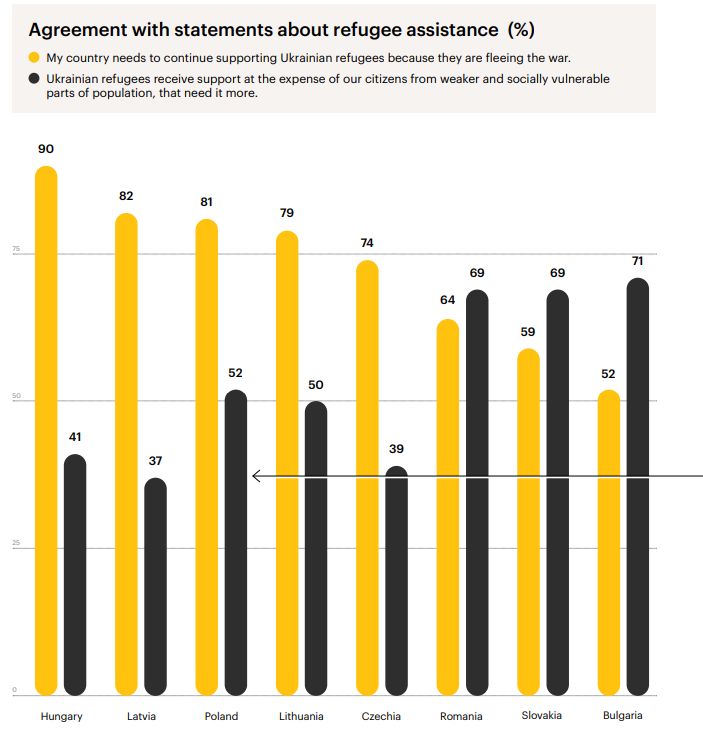
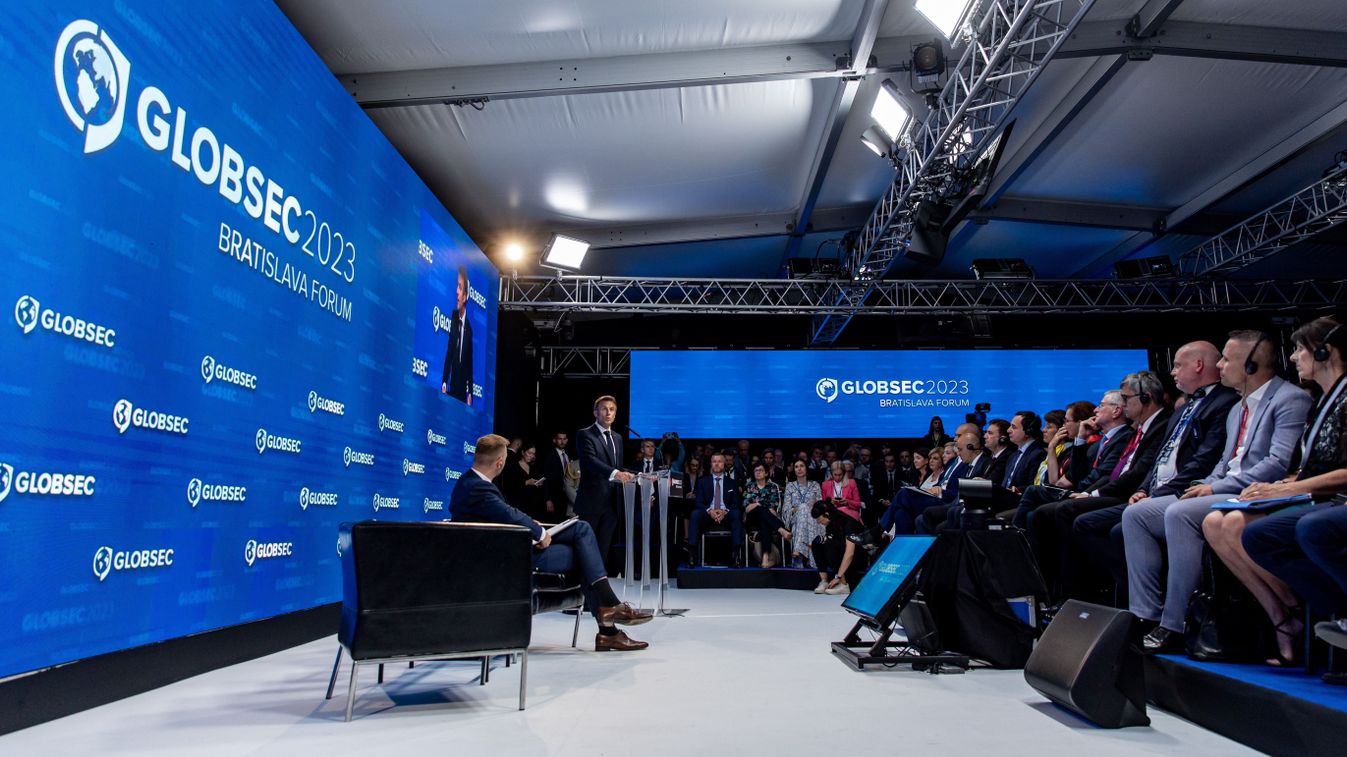






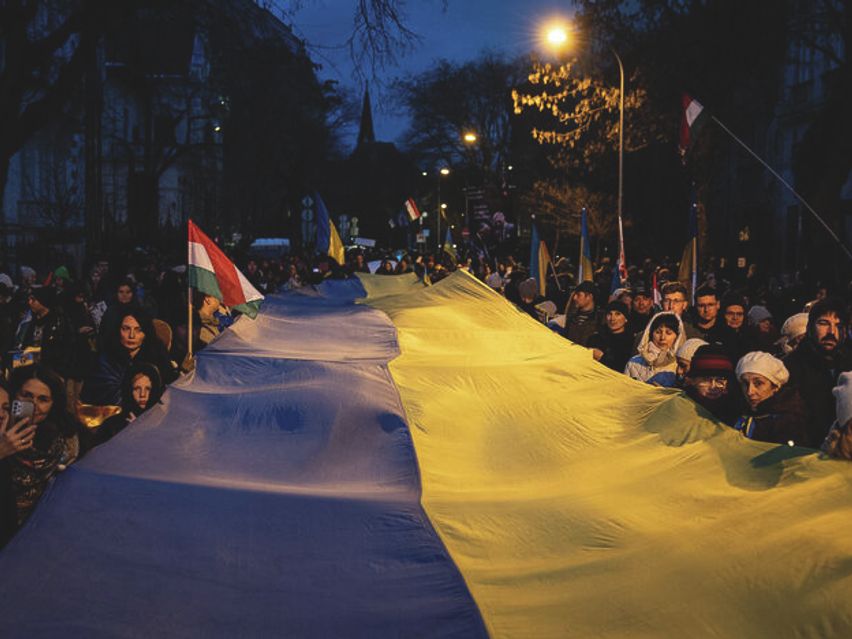
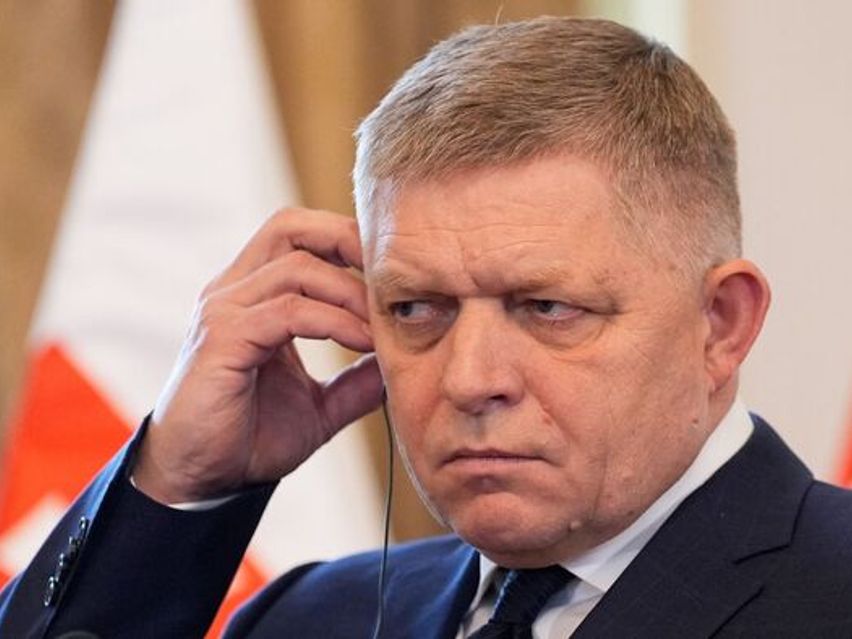
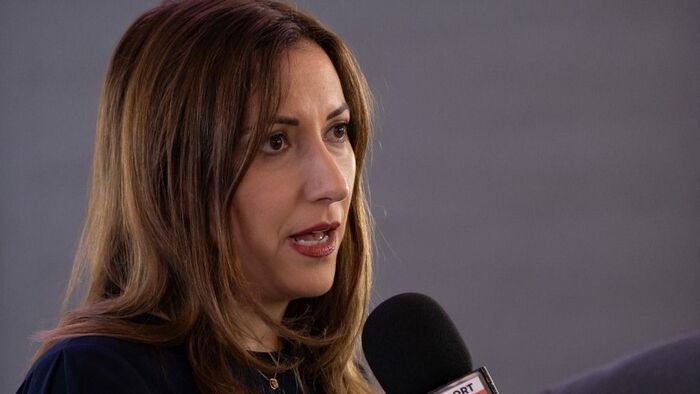

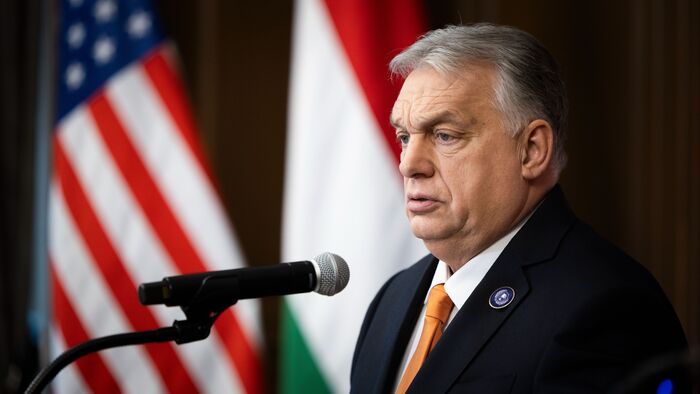
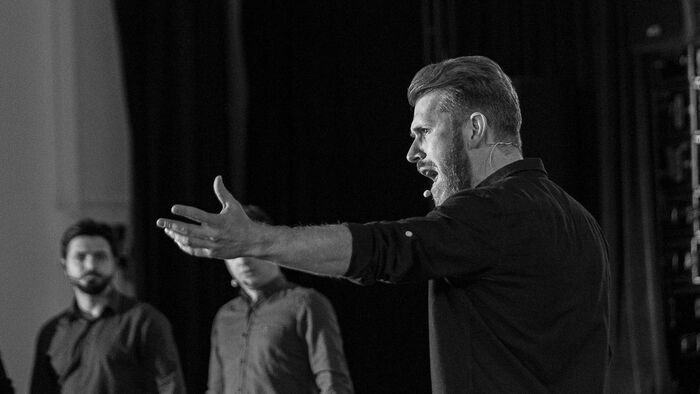
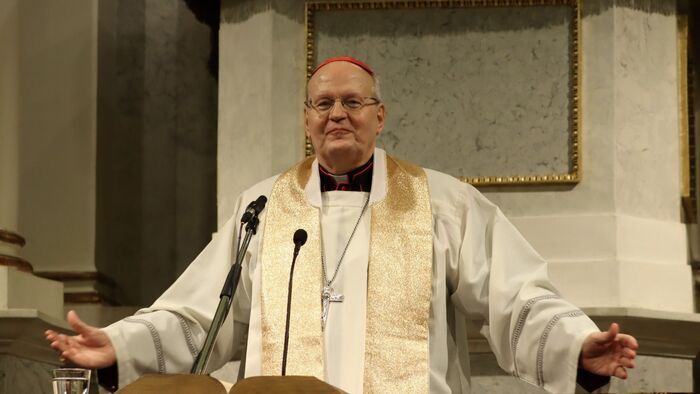

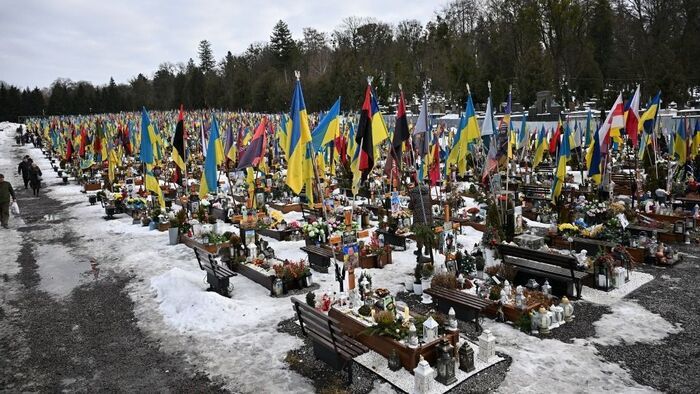
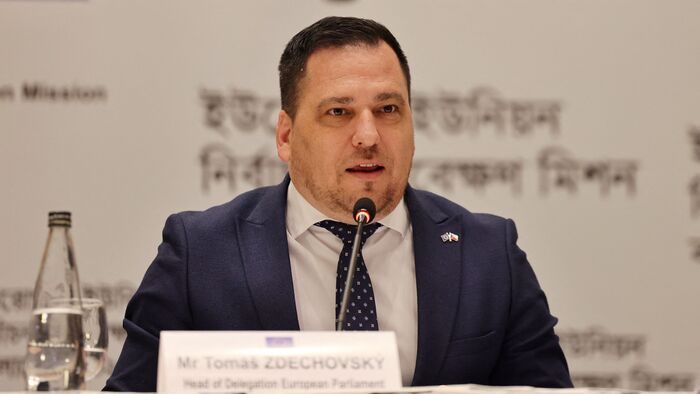
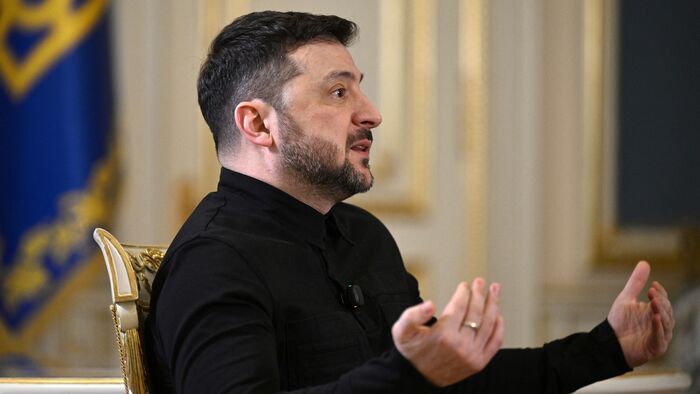



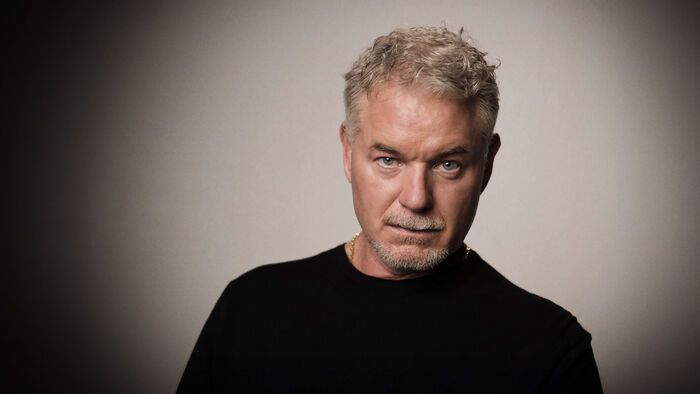

Szóljon hozzá!
Jelenleg csak a hozzászólások egy kis részét látja. Hozzászóláshoz és a további kommentek megtekintéséhez lépjen be, vagy regisztráljon!